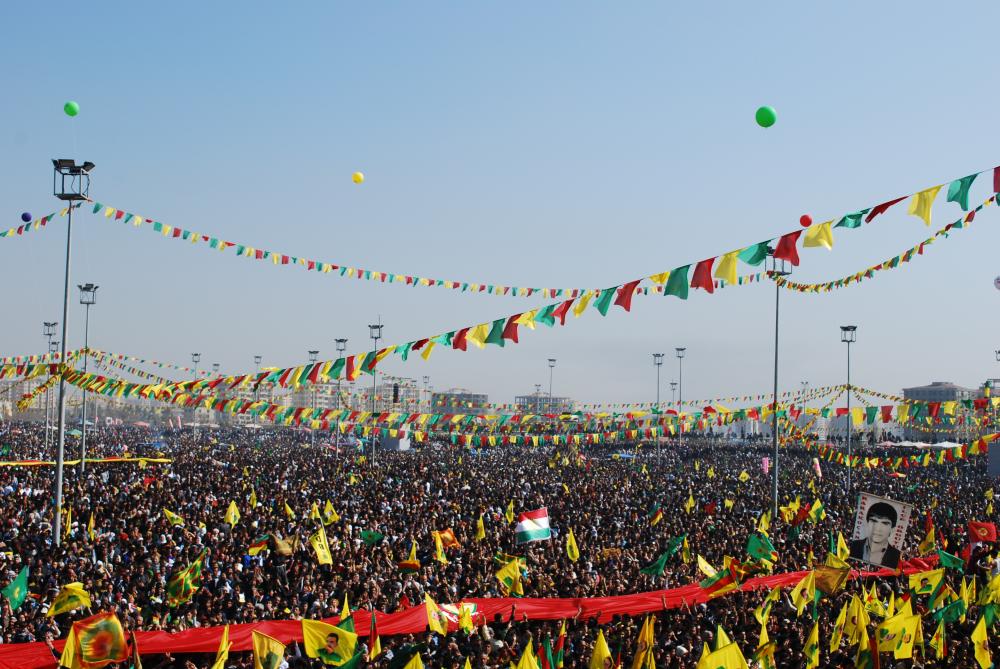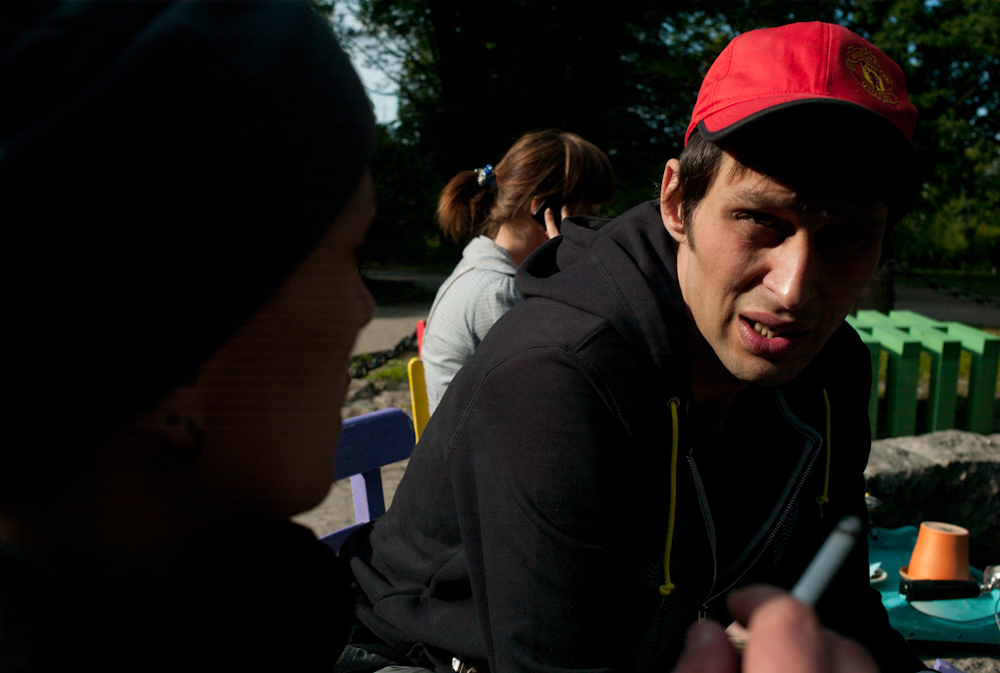
IT TAKES TIME
The best journalism takes time — time to report, time to write. We urge you to take time to read two examples of long-form magazine journalism of the highest order. In one, Pulitzer Center grantee Jeff Bartholet, writing for The New Yorker, explores the recent wave of self-immolations that has swept Tibet: "Last year, more than eighty Tibetans—monks and nuns, farmers, nomads, students, restaurant workers, and at least one writer—burned to death. The oldest was in his early sixties; the youngest was just fifteen."
According to Jeff, "the protests are a form of political theatre designed to attract sympathetic attention to the cause of a free Tibet, but their immediate aim is harder to pin down." The Dalai Lama, Tibet's exiled spiritual leader, has always advocated dialogue over confrontation, and while he has not taken a clear position on the immolations, people close to him say they are certain he wants them to cease. As Jeff notes, "[t]he self-immolations have placed exiled Tibetan leaders in an awkward position: they must pay their respects to the self-immolators without being seen to have encouraged them."
Jeff's piece is a thoughtful examination of the history behind the immolations, the dilemma they pose for both Chinese and Tibetan authorities, and why they are likely to continue.
The second piece is about another group that has long struggled to preserve its national identity: the Kurds of Turkey. Pulitzer Center grantee Jenna Krajeski moved to Istanbul about a year ago and set about immersing herself in the deep history of the conflict between the Turkish state and its Kurdish minority. Looking at the literature, song, and everyday lives of Kurds, Jenna's piece in The Nation paints a richly detailed landscape of Kurdish resistance:
"When Kurdish was banned, so was dengbej, and many of the traditional songs died along with those who had memorized them. New songs became both a historical record and the code in which to relate that history. Most of the dengbej sung in Diyarbakir today are not about ancient Kurdish history; they are about the PKK [Kurdistan Workers' Party].
"Hilmi Akyol, a poet and historian of dengbej, met me in the Dengbej Evi in March, the day before Newruz. Akyol is styled like an old Kurdish rebel, with a few modern touches: his gray hair is tucked into a turban, his beard groomed to a healthy inch. The endlessly roomy fabric of traditional Kurdish pants cinches around his thick waist, and on top he wears a practical blue windbreaker. Outside the Dengbej Evi office, where we talk, men take turns in an unrelenting chorus of dengbej. The words are sung so slowly and forlornly they seem to thicken the courtyard air like flour in soup."
AN EPIDEMIC OF IGNORANCE
"Russia is dying," Pulitzer Center grantee Greg Gilderman writes for The Daily Beast. "Much has been written about the country's demographic crisis—the declining population, the low birth rate, the life expectancy that puts the country on par with the world's poorest—but bleak as those figures are, they don't yet include masses of people dying as a result of the country's HIV/AIDS epidemic. The World Bank estimates that in 2020, Russia will lose 20,000 people per month to AIDS."
The spread of AIDS can be halted, especially in a modern industrialized nation like Russia. But Russia chooses to ignore the crisis. Greg and photographer Misha Friedman document the reasons behind Russia's willful neglect of its most vulnerable citizens.
Iraq's Kurds are in business while Turkey and its own Kurdish population are at war. Will success in...

The Russian Federation confronts two devastating epidemics: widespread heroin abuse and HIV/AIDS. It...










